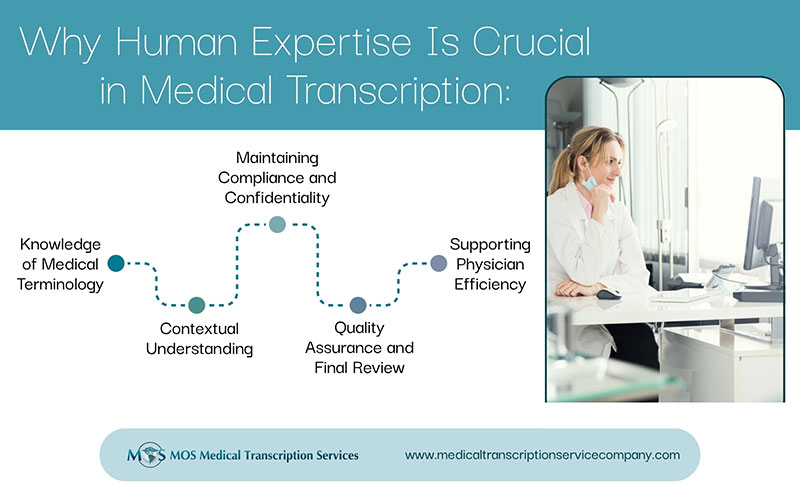 With the Affordable Care Act (ACA), electronic medical records or EMRs are being widely used among nurse practitioners with individual patients and at clinical level in order to support wellness as well as chronic disease management activities. A recent study that involves a qualitative research on nurse practitioners in the province of British Columbia, Canada explores how nurses perceive EMRs and how such a system affects their clinical practice. Let’s take a detailed look into this study first and then see why nursing transcription is still significant.
With the Affordable Care Act (ACA), electronic medical records or EMRs are being widely used among nurse practitioners with individual patients and at clinical level in order to support wellness as well as chronic disease management activities. A recent study that involves a qualitative research on nurse practitioners in the province of British Columbia, Canada explores how nurses perceive EMRs and how such a system affects their clinical practice. Let’s take a detailed look into this study first and then see why nursing transcription is still significant.
A total of 31 completed surveys were received during this study with a response rate of 14%. While five respondents were completely using EMRs, 17 were using a hybrid system comprising paper charts and electronic records, and 9 were using paper charts alone. When it comes to the quality of clinical decisions, quality of care, access to information, communication and prescribing, nurse practitioners perceive a positive impact for the electronic medical records. Their responses related to EMR’s impact on the delivery of preventive care are as follows:
- 47% of respondents said EMRs had no impact
- 36% of respondents said EMRs had a positive impact, with 8% considering it a major positive impact
- 8% of respondents said there was a negative impact
- 8% of respondents said this was not applicable to their practice
When it comes to the delivery of chronic care and meeting guidelines, the responses were:
- 30% of respondents said EMRs had a major positive impact
- 35% of respondents said EMRs had no impact
- 9% of respondents said there was a negative impact
- 26% of respondents said this was not applicable to their practice
The respondents reported several benefits with EMRs such as consistent communication, remote access to diagnostic results and continuity between providers of care. However, the study concludes that though there is a rapid increase in adopting EMRs, many nurse practitioners believe that this electronic record system does not adequately support their practice. Though this system eliminates illegible prescriptions and thereby helps reduce medication errors, there are several challenges associated with it including frequent crashes or system down at times and interoperability issues. Further studies are required in this area.
Limited narrative description (owing to templates) and copy-paste errors are other issues associated with EMRs. To overcome these challenges, you can employ a hybrid approach which involves both EMR and medical transcription. In the hybrid approach, traditional transcription technique is used to create reports and notes and the transcribed data is entered into appropriate fields within the EMR. This allows you to ensure the accuracy of data within EMR.


